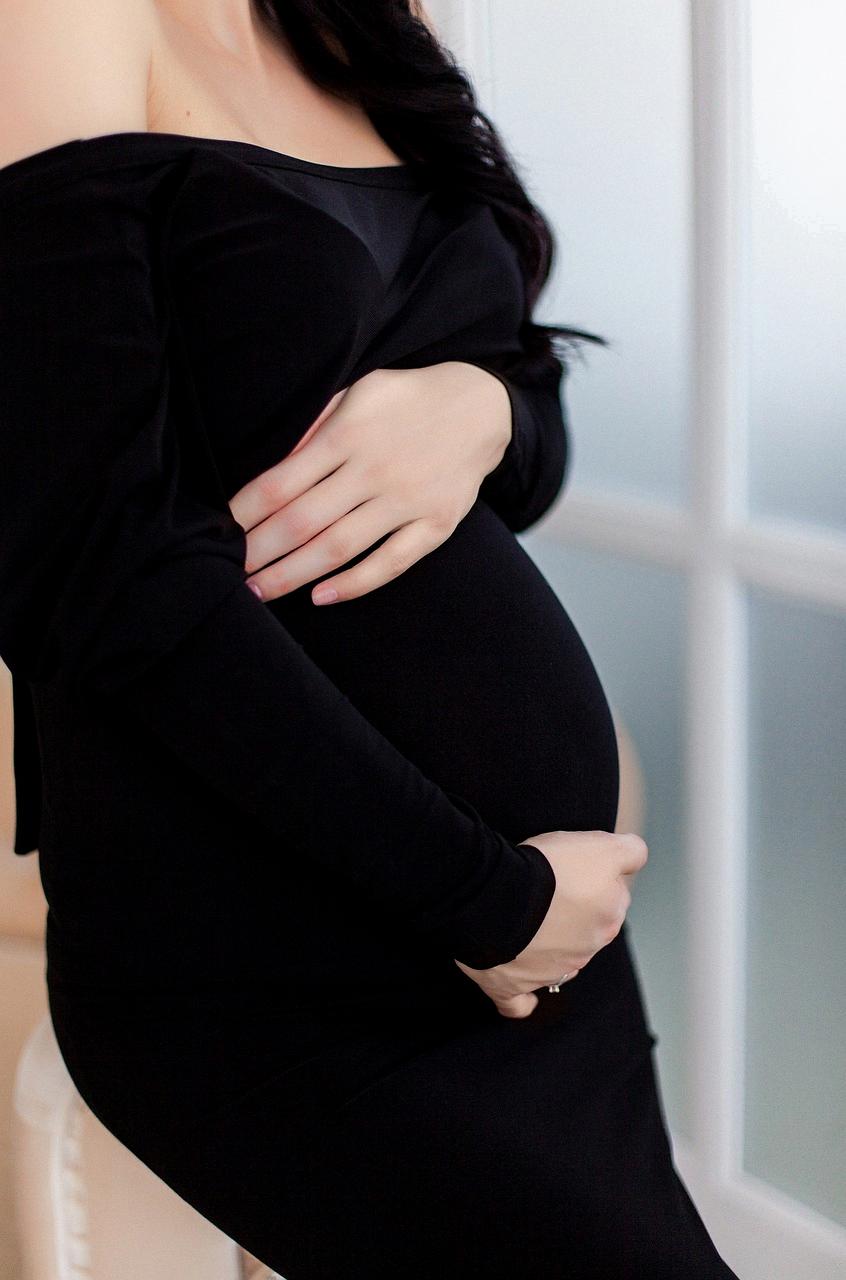When it comes to the question of whether berberine is safe to take during pregnancy, it’s essential to consider various factors before making a decision. Berberine, a compound found in certain herbs, has been traditionally used for its potential health benefits. However, its safety during pregnancy has raised concerns among healthcare professionals and researchers.
One crucial aspect to take into account is the potential teratogenic effects of berberine-containing herbs. Teratogens are substances that can cause abnormalities in fetal development when exposed to the embryo during pregnancy. Some studies have suggested that berberine may have teratogenic properties, making it a potential risk factor, especially during the critical first trimester of pregnancy.
Additionally, another concern regarding berberine intake during pregnancy is the increased risk of kernicterus, a severe condition characterized by high levels of bilirubin in the baby’s blood. This risk is particularly elevated towards the end of pregnancy, making it vital to be cautious about consuming berberine-containing products, especially as the due date approaches.
Healthcare providers generally advise pregnant individuals to err on the side of caution and avoid berberine supplements or herbs during pregnancy, particularly in the first trimester and late stages of gestation. The potential risks associated with berberine make it a prudent choice to abstain from using it until more conclusive research is available.
While berberine may offer potential health benefits in non-pregnant individuals, the lack of comprehensive data on its safety during pregnancy emphasizes the importance of consulting with a healthcare provider before considering its use. Every pregnancy is unique, and individual factors must be considered when evaluating the potential risks and benefits of any supplement or herb.
It’s crucial to remember that the safety of berberine during pregnancy remains a subject of ongoing research, with conflicting results and limited consensus among experts. In such cases, it is always prudent to prioritize the wellbeing of both the pregnant individual and the developing fetus by adopting a cautious approach towards the use of berberine.
Although berberine may have shown promising effects in various health conditions, its safety profile during pregnancy is not well-established. Given the uncertainties surrounding its use in pregnant individuals, it is advisable to focus on a balanced diet, adequate prenatal care, and lifestyle modifications recommended by healthcare providers for a healthy pregnancy.
Ultimately, the decision to use berberine during pregnancy should be made in consultation with a healthcare professional who can provide personalized advice based on individual health status, medical history, and pregnancy-related factors. Open communication and transparency with your healthcare provider are key to making informed decisions regarding any supplement intake during pregnancy.
Considering the potential risks associated with berberine consumption during pregnancy, it is advisable to prioritize alternative strategies for managing health conditions or symptoms during this critical period. Exploring safer alternatives and non-pharmacological approaches may offer a more prudent choice for pregnant individuals concerned about their well-being and that of their unborn child.
In conclusion, while the research on berberine safety during pregnancy is evolving, the current evidence suggests a cautious approach towards its use. Pregnant individuals are encouraged to prioritize prenatal care, healthy lifestyle choices, and open communication with healthcare providers to ensure a safe and healthy pregnancy journey.

